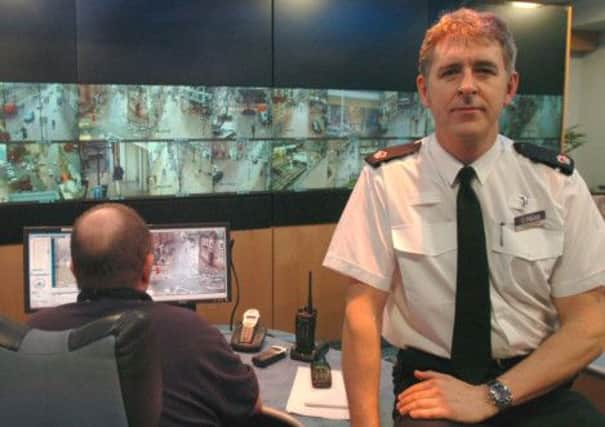South Yorks: Police and NHS launch pioneering new parntership


The “street triage” scheme will see mental health nurses join police officers on 999 calls in order to help people who are believed to need urgent mental health support.
This week, the six-month pilot scheme was launched in Sheffield, Rotherham and Doncaster and it is set to be extended to Barnsley in April. If successful, this new partnership will be made permanent.
Advertisement
Hide AdAdvertisement
Hide AdDetective Superintendent Andrew Parker, who is heading up the scheme in South Yorkshire, said: “Currently, 40 per cent of all people in Sheffield who are detained under the Mental Health Act are taken to a police station.”
“This situation is wrong, and is failing these people.”
“The aim of this scheme is to ensure people who use the new service are assessed by a trained mental health nurse and taken to a safe place, to receive the most appropriate care.”
“While preventing harm to vulnerable people is a priority of South Yorkshire police, with the best will in the world, police officers simply don’t have the same expertise as specialist nurses when it comes to dealing with people with emergency mental health issues.”
“This new triage process is there to try and intervene, to make an assessment of people’s needs earlier and to deal with those needs in a compassionate, humane and understanding way.”
Advertisement
Hide AdAdvertisement
Hide Ad“The result will be that police stations are used only as a last resort.”
While this scheme is already in place in other forces nationwide, many of those forces limit the service to one particular city area, or to only one or two days a week.
South Yorkshire police, however, will be running the scheme across the entire force area, seven days a week.
The scheme will see police officers be joined by mental health nurses or mental health social workers during afternoon and night-time shifts.
Advertisement
Hide AdAdvertisement
Hide AdAlthough there will be staffing costs, it is thought that the service will save money overall, as the costs of detaining vulnerable people in police stations will be greatly reduced.
Instead, these people will be taken to places such as hospitals, residential homes or to friends or relatives.
Dr Nick Tupper, chairman of the NHS Doncaster Clinical Commissioning Group, said: “The aim is to ensure medical attention is provided as quickly as possible.”
“Making sure people with mental health problems get the right assessment, care and treatment urgently is really important, especially in crisis situations.”
Advertisement
Hide AdAdvertisement
Hide Ad“The scheme will run for six months and we will then evaluate how effective it has been. We hope it will reduce the impact of mental health emergencies on police, health and social care resources.”
Det Supt Parker added: “We have been working on this for the best part of a year, and I believe it has the potential to hugely improve the service the police and our partner agencies offer to some of the most vulnerable people in society.”